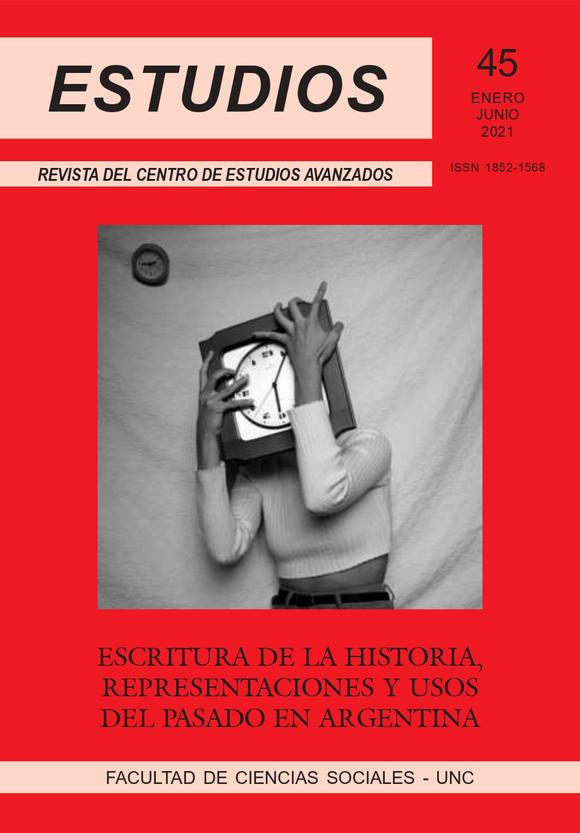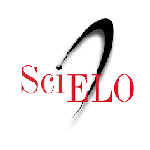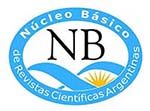Historias renovadas e interrumpidas: Guillermo Beato y Waldo Ansaldi. Investigar el pasado y disputar el presente en Córdoba durante las décadas del sesenta y setenta del siglo XX
DOI:
https://doi.org/10.31050/re.vi45.30161Resumo
En este texto, fundado en una concepción ampliada de historiografía, preocupada por los usos del pasado y las relaciones entre la historia, la política y la memoria, proponemos una lectura de la producción historiográfica en Córdoba a partir de la reconstrucción de algunas de las experiencias de escritura de la historia, realizadas en el marco de la Universidad Nacional de Córdoba en las décadas del sesenta y setenta, en una época signada por dos dictaduras, la de 1966 y la de 1976 y el breve y convulsionado período del tercer gobierno peronista. En un primer momento haremos referencia a la escritura de la historia en Córdoba, en las primeras décadas del siglo XX hasta el derrocamiento del peronismo en 1955 con el objetivo de presentar un mapa de la historiografía provincial. En un segundo momento, nos detendremos en dos huellas: la tesis de Licenciatura en Historia de Guillermo Beato (1963) y la tesis doctoral de Waldo Ansaldi (1991), gestada en los años setenta e interrumpida por la dictadura de 1976. Consideramos que las mismas contribuyen a la comprensión de un problema clave, constituido por los vínculos entre la producción historiográfica y los contextos político-sociales.
Downloads
Publicado
Edição
Seção
Licença

Este trabalho está licenciado sob uma licença Creative Commons Attribution-NonCommercial 4.0 International License.
Aquellos autores/as que publiquen en esta revista, aceptan los términos siguientes:- Los autores/as conservarán sus derechos de autor y garantizarán a la revista el derecho de primera publicación de su obra, el cual estará simultáneamente sujeto a la Licencia Creative Commons Atribución-NoComercial 4.0 Internacional que permite a terceros compartir la obra siempre que se indique su autor y su primera publicación esta revista.
- Los autores/as podrán adoptar otros acuerdos de licencia no exclusiva de distribución de la versión de la obra publicada (p. ej.: depositarla en un archivo telemático institucional o publicarla en un volumen monográfico) siempre que se indique la publicación inicial en esta revista.
- Se permite y recomienda a los autores/as difundir su obra a través de Internet (p. ej.: en archivos telemáticos institucionales o en su página web) luego del proceso de envío, lo cual puede producir intercambios interesantes y aumentar las citas de la obra publicada. (Véase El efecto del acceso abierto).












